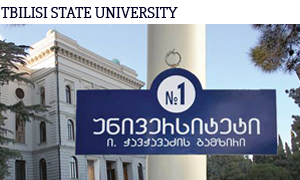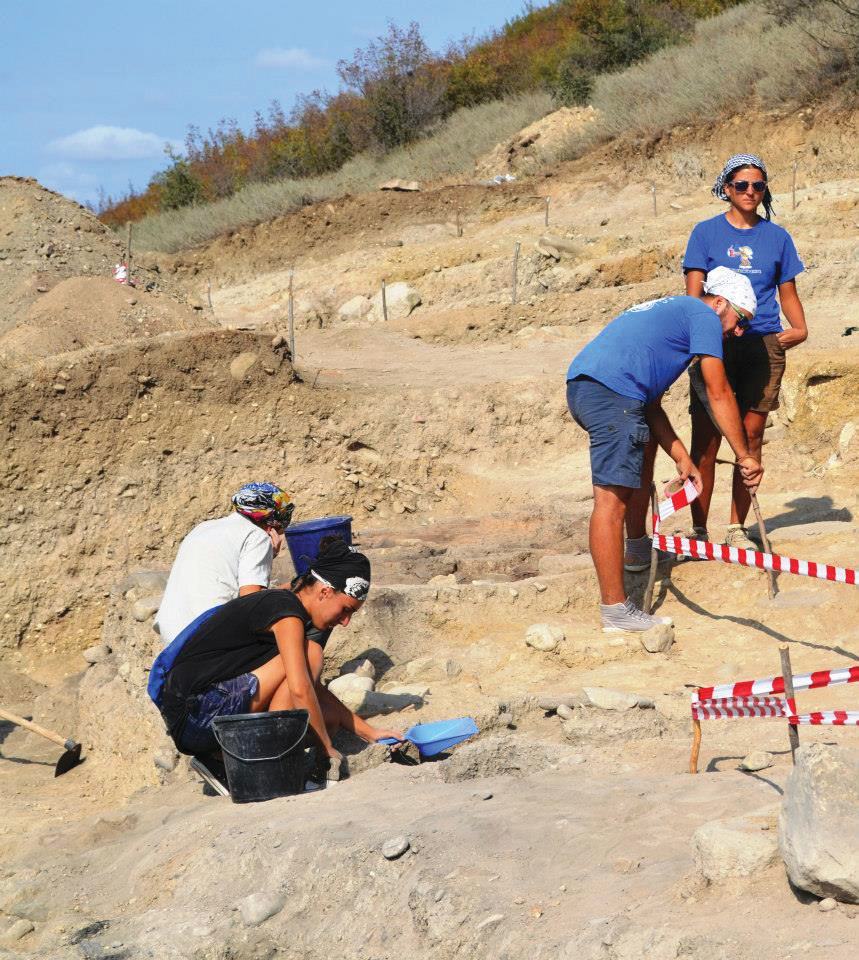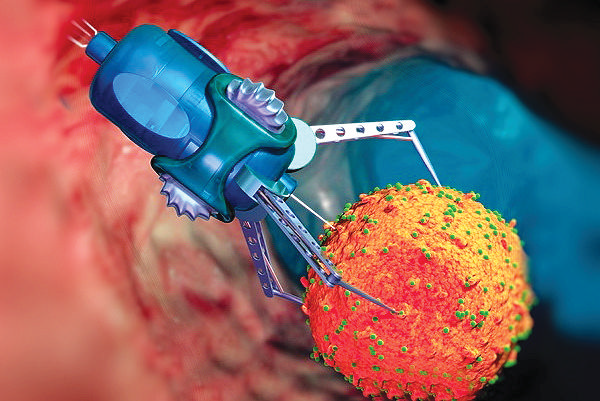
Journal Number: 0
For several years TSU scientists have been working on the Grakliani Hill--located near the villages of Igoeti, Samtavisi and Gamdlistskaro. Ten cultural layers have been discovered spanning periods from the Stone Age to Roman civilization.
Apart from studying materials created by humans during their development to provide historical interpretations, archaeology contributes to the study of specific eco-environments and the general development of natural milieu. It permits the study of earth magnetism, the evolution of flora and fauna, the palaeo-climate and other domains. Archaeology applies different technical methods according to the subject at hand, including earth remote sensing, geophysics, various chemical, physical, hydro-chemical and geochemical comparative analyses, molecular studies, and statistical-mathematical methods. This is how TSU scientists apply archaeology.
The 21st century has seen new media developing rapidly, including blogs, social networks, online encyclopedias, various forums and many other Internet resources that imply maximum involvement and interaction between users. Social media research is new in Georgia and TSU scientists have begun a project through support of the Academic Swiss Caucasus Net (ASCN). This is the largest project prepared on this topic in Georgia, which discusses almost all the aspects of social media development.
Over the past years nanotechnology has been established as one of the most dynamically developing interdisciplinary sciences. Potential applications for nanomaterials in medicine and pharmacology are many and this has become a priority direction that will lead to solutions for some of the most painful health problems. However, modern nanotechnologies necessitate the creation of new directions of scientific research—uniting the scientific achievements of nanotechnology and biotechnology has led to the creation of a new discipline – nanobiotechnology. This will lead to nanoconstructions that can manage biosystems at a molecular level. Nanofluids consisting of magnetic nanoparticles are of special interest.
After the collapse of the Soviet Union, many reports were published worldwide on issues of transition from totalitarianism to democracy. However, in the second half of the 1990s, along with democratization, corruption and organized crime increased, and in Georgia these began to threaten the security of the country at all levels. Political scientists evoked the specter of a “failed state”. In 2002 a research program was launched with an initial focus on problems of corruption and organized crime, and in 2003 anti-corruption and anti-criminal reforms in Georgia began.







